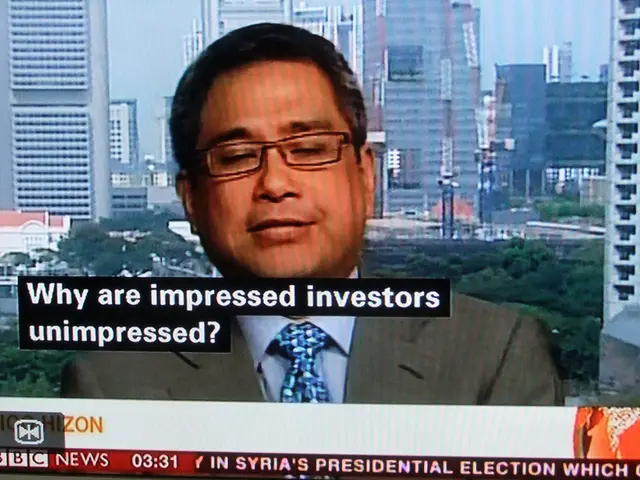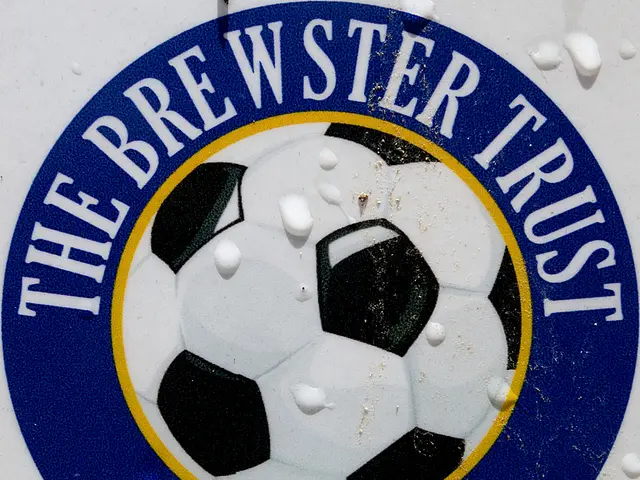Philippines Halts Offshore Gaming Activities
Fed Up with Gambling: Marcos Jr Shuts Down Phil Offshore Games
Philippine President Ferdinand Marcos Jr. has pulled the plug on the nation's offshore gaming industry, sending ripples through the gambling sector.
What's the Dealio?
The Marcos administration has ordered the closure of all offshore gaming operations in the country, signifying a dramatic change in the nation's stance towards the gambling sector. The offshore gambling industry predominantly served Chinese clients and served as a significant source of revenue for the Philippines. However, it's no secret that it's been linked to a slew of social and criminal issues.
Why the Heckeda?
Crime, crime, and more crime - that's what pushed President Marcos to shut down the operations. The offshore gaming industry has long been implicated in various criminal activities such as kidnapping, human trafficking, and money laundering, amongst other illegal mischief.
What Now, Bro?
The Philippine Amusement and Gaming Corp (PAGCOR) has been ordered to revoke all licenses issued to Philippine Offshore Gaming Operators (POGOs), eradicating both legal and illegal operations from the country. The move has implications for the Philippine economy, particularly the real estate market, which saw many commercial spaces occupied by POGOs.
All Eyes on the Filipino Gambling Scene
The closure of POGOs may reshape the global gambling industry, with other jurisdictions potentially benefiting as Southeast Asian countries have begun reevaluating their stance on online gambling operations. Cambodia, for instance, banned online gambling in 2019 due to similar concerns.
The Big Picture
The shutdown of POGOs has substantial economic impacts. Gaming revenues have plummeted in casinos, which depended on POGO clients. The closure has also led to job losses and increased vacancy rates in the real estate market. However, the long-term benefits, such as reduced crime rates and improved safety, may outweigh the short-term economic losses.
In the face of this policy shift, stakeholders in the gambling industry, both domestic and international, will have to adapt to new realities and explore new opportunities for the future of the Philippine gambling sector.
- The closure of Philippine Offshore Gaming Operators (POGOs) could potentially lead to a shift in gambling trends, encouraging casino-personalities and investors to explore new opportunities in casino-games, lotteries, and possibly sports betting, including sports events in Las Vegas.
- The casino-culture in the Philippines may undergo a transformation as the Philippine Amusement and Gaming Corp (PAGCOR) enforces responsible gambling guidelines to mitigate the negative impacts associated with big-wins and high-stakes gambling.
- The crackdown on illegal gambling activities has captured the attention of the global casino-and-gambling community, sparking conversations about the implications for other jurisdictions, especially as they reassess their stance on offshore casino-games and online gambling operations.
- The closure of POGOs may bring an end to the influx of foreign capital into the Philippine economy, particularly in local real estate spaces, however, the longer-term benefits, such as a reduction in crime rates and improved safety, could potentially outweigh the immediate economic losses.
- The decision to close down POGOs might impact the broader sports industry, with fewer big-wins fueling the demand for betting, potentially leaving some sports games with reduced viewership and sponsorship deals.








